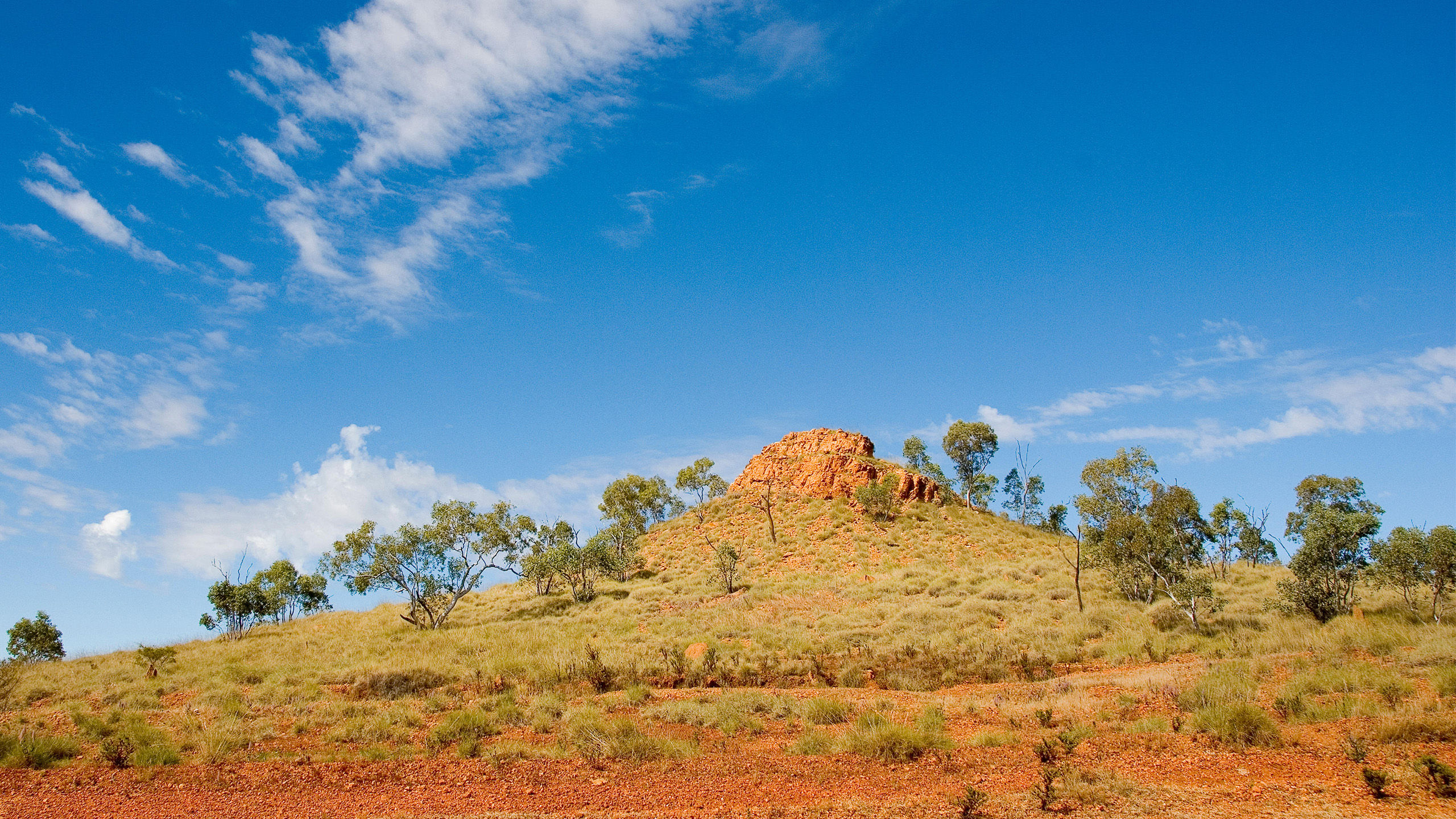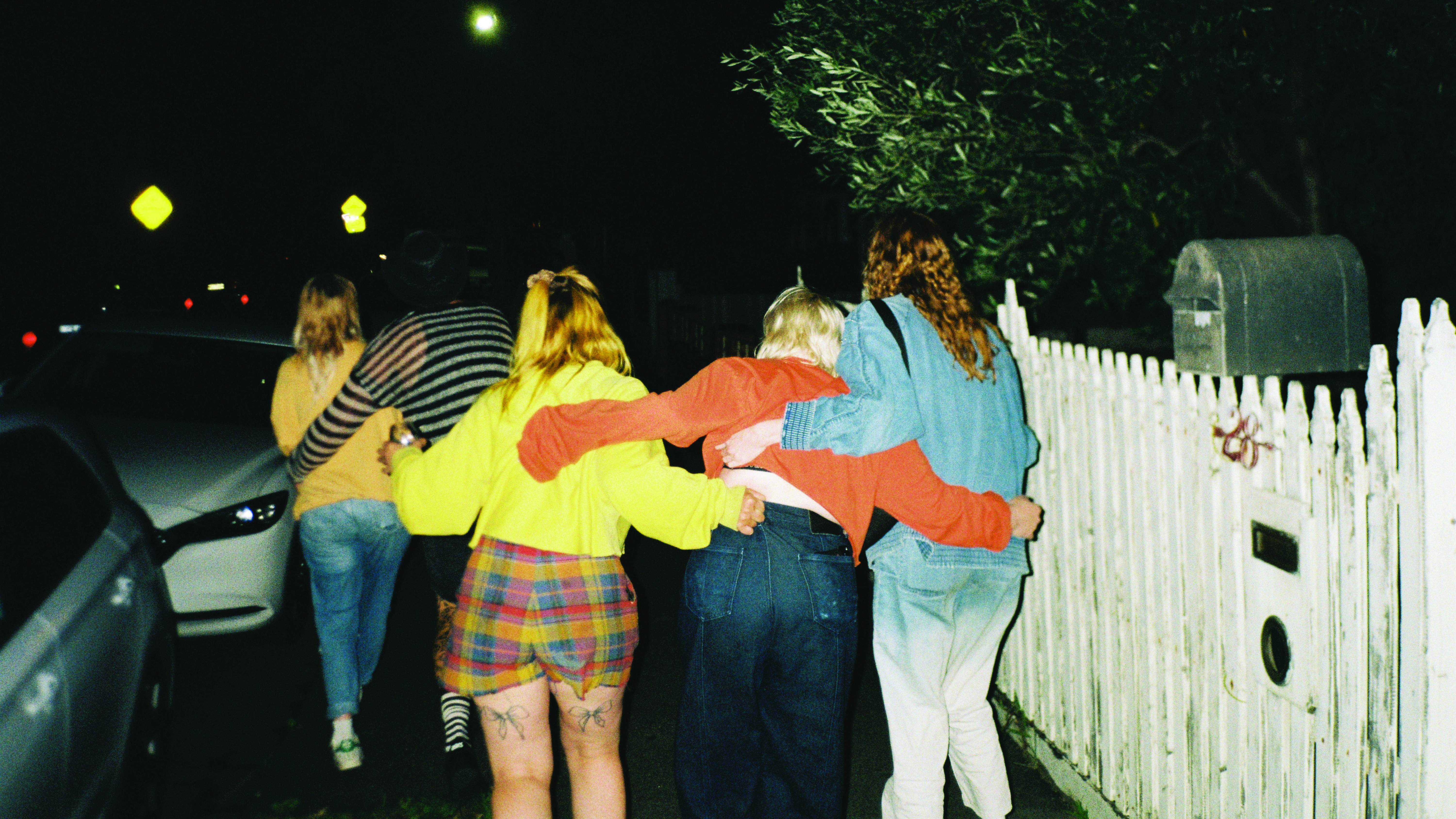What comes next? | Humanities

UNSOMNIA 2022
The 21st century has been plagued with one crisis after another – a global pandemic, climate catastrophes, economic turmoil and senseless violence. So how do we equip ourselves for what’s around the corner?
To forge our path through this uncertainty, hear from five UNSW Sydney thinkers who are discovering the future of video gaming, the wild west of cryptocurrencies, the dark side of hybrid education and how we could use algorithms to build the cities of the future.
Making living cities | John Carr
We’ve made momentous advances in technology, transport and architecture, but our blueprint for a city has not changed since the Second World War. So what could our urban hubs of the future look like?
Are computer-generated cities the future? | Claire Daniel
We trust algorithms to do everything from online shopping to telling us what to eat for dinner, is it time we let them help us build the cities of the future?
The future of social gaming | Nathan J Jackson
This year, Twitch streamers have watched 6.13 billion hours of video game content… so where is this massive industry heading? And what does the future of gaming look like?
The dark forest of cryptocurrency | Tony Song
More people than ever are investing in cryptocurrency which means tech fraud has skyrocketed. How can governments introduce laws that curb the danger of investing whilst avoiding over-regulation?
Why hybrid learning isn't the answer | Sasha Vassar
In theory, synchronous hybrid learning is a fantastic idea: students and teachers have increased flexibility, and universities can benefit from increased enrolments. But in reality, hybrid learning is not everything it is cracked up to be.
LIVE EVENT & VENUE
The Io Myers Studio, Esme Timbery Creative Practice Lab is located at UNSW Sydney's Kensington Campus (D8 on this map).
Please note this is a live event only, and will not be available via livestream.
VISITOR SAFETY INFORMATION
The health and safety of our patrons is our top priority, and this event will abide by the Public Health Order prevailing at the time. Please follow our conditions of entry, and check back here for updated information prior to the event.
-
Do not attend the event if you feel unwell, have recently experienced any cold or flu-like symptoms or are awaiting the results of a COVID-19 test.
-
Face masks are recommended.
TICKETS
ACCESS
Wheelchair Access
Enter the UNSW Kensington campus via Gate 2 High St and turn right at the roundabout. The entrance is immediately on your left under the concrete steps, opposite the University Terraces carpark. The closest carpark is available opposite the entrance beneath the University Terraces.
Assisted Listening
The Io Myers Studio has an infrared hearing loop. Patrons wishing to utilise this need to identify themselves to the front of house team, and a headset will be provided.
Auslan & Captioning
Auslan interpreting services and/or live captioning can be provided for selected talks upon request.
To discuss access requirements and book selected services, please call the Centre for Ideas on 02 9065 0485 or email centreforideas@unsw.edu.au.
PUBLIC TRANSPORT & PARKING
The Io Myers Studio, Esme Timbery Creative Practice Lab is easily accessible via public transport. Call the Transport Infoline on 131 500 or visit transportnsw.info.
Paid casual and visitor parking is offered via the CellOPark App and ‘pay by plate meters’. For more information head here.
CONTACT
For all enquiries, please email centreforideas@unsw.edu.au or call the Centre for Ideas on 02 9065 0485.
The Centre for Ideas is happy to receive phone calls via the National Relay Service. TTY users, phone 133 677, then ask for 02 9065 0485. Speak and Listen users, phone 1300 555 727 then ask for 02 9065 0485. Internet relay users, visit relayservice.gov.au, then ask for 02 9065 0485.

John Carr
John Carr is an urban and legal geographer whose work focuses on the intersections of urban form, law, planning, and human and non-human environments. His research seeks to address how knowledge from across disciplinary boundaries can be mobilised to make human-built environments more environmentally and socially regenerative. Carr is a senior lecturer with the Environment and Society Group at UNSW Sydney, and teaches in the School of Humanities and Languages, Faculty of Arts, Design & Architecture. For more than a decade, he practiced law in the areas of civil rights, complex litigation, and construction law before entering academia.
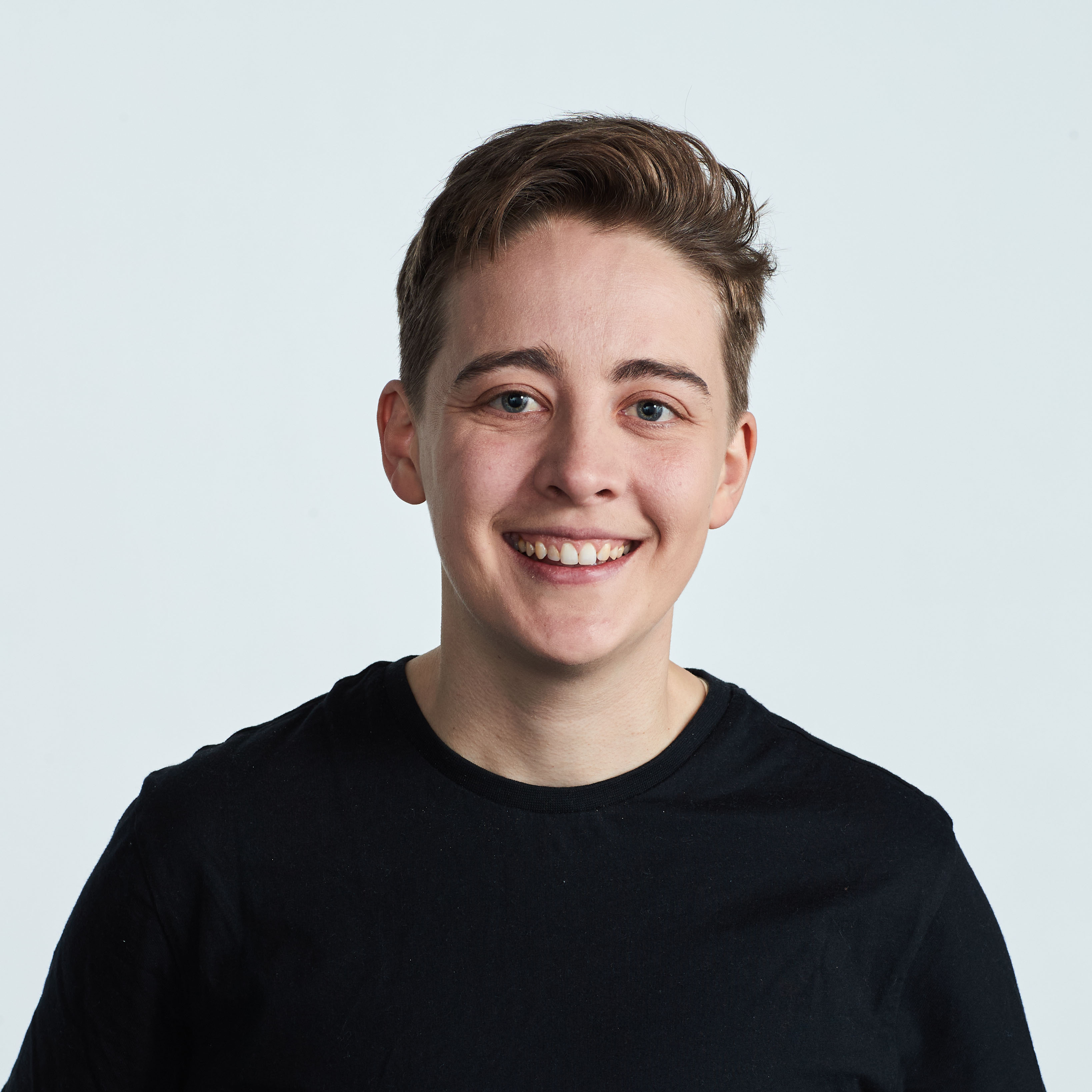
Claire Daniel
Claire Daniel is a Scientia PhD candidate in the School of Built Environment, Faculty of Arts, Design & Architecture at UNSW Sydney. They are both an urban planner and a computer programmer researching how data and digital technologies are used by planners, and how this is set to change the way cities are governed. In 2015, Claire was awarded the John Monash Scholarship to study the MSc in Smart Cities and Urban Analytics at University College London. In addition to their academic work, Claire has professional experience in local government and consulting, and is a member of the Planning Institute of Australia’s PlanTech advisory committee.
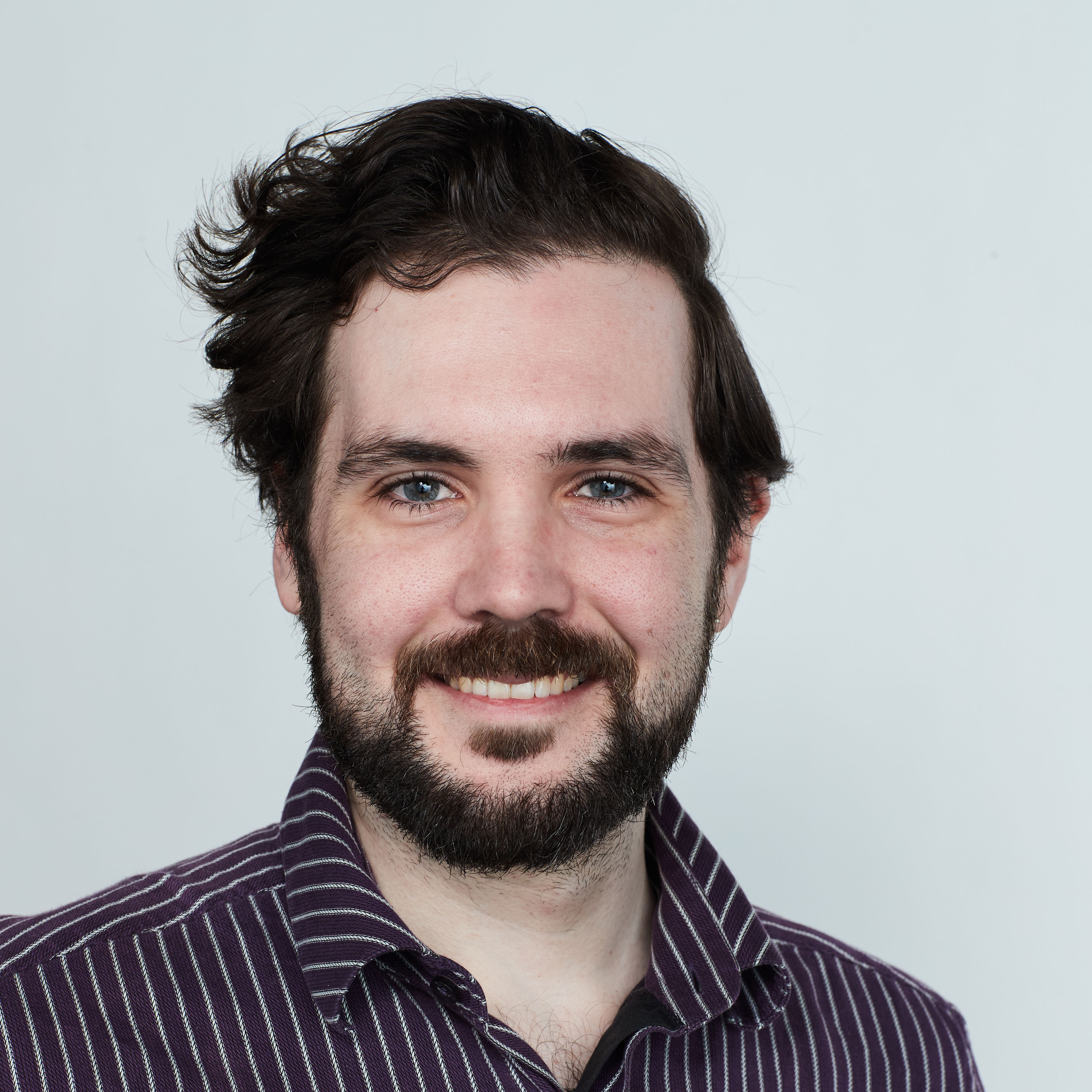
Nathan J Jackson
Nathan J Jackson is a PhD candidate in the School of the Arts and Media, Faculty of Arts, Design & Architecture at UNSW Sydney. His ethnographic study of the platform Twitch combines performance, media, and games lenses to examine the construction and performance of persona in video game livestreaming. He is interested in the ways that streamers and spectators perform for and with each other, and the emergent social, cultural, and political value systems that accompany these performances. He has been published in Persona Studies and Convergence journals, with a forthcoming contribution in the first edited collection on livestreaming culture.
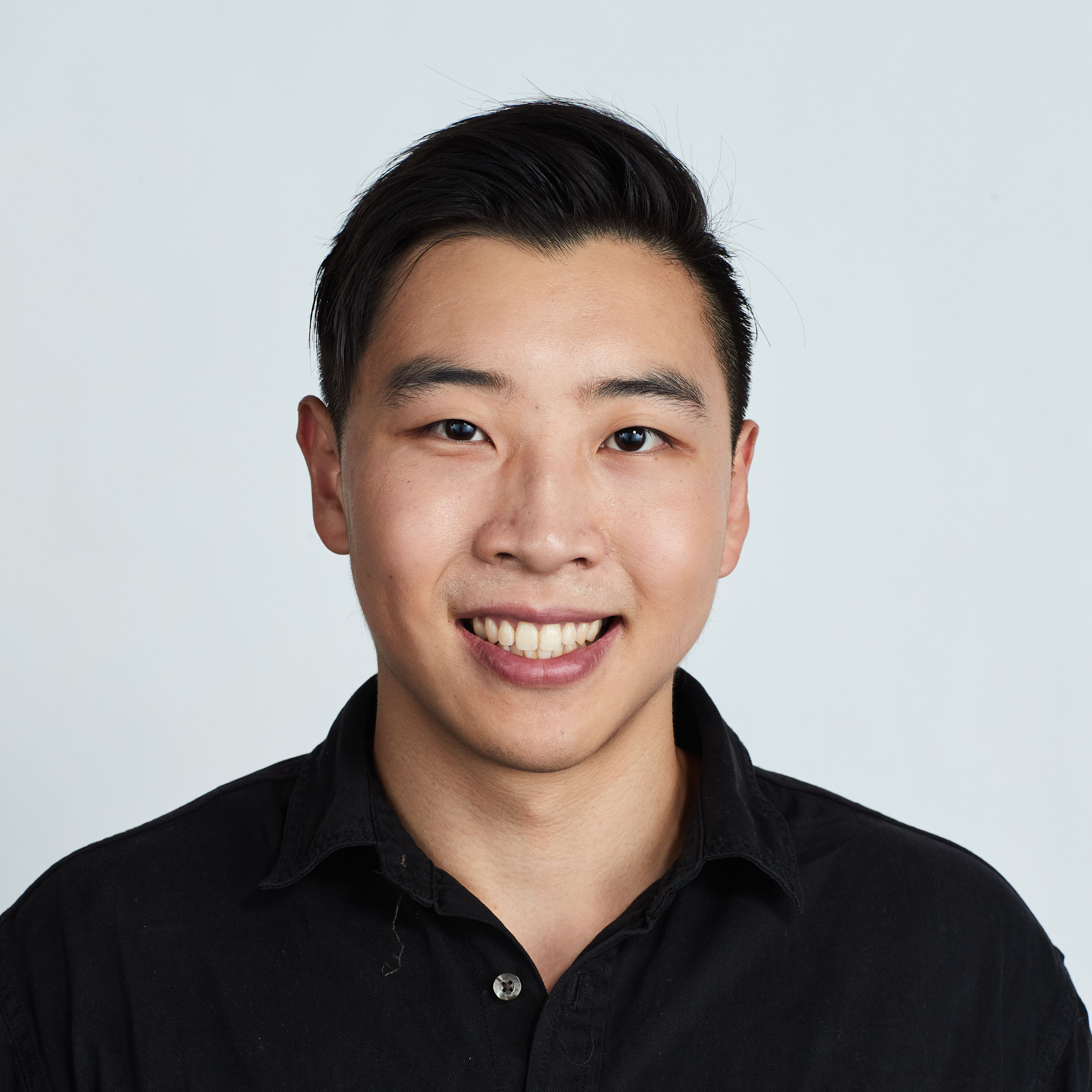
Tony Song
Tony Song is a research fellow for the NSW Law Society’s Future of Law and Innovation (FLIP) research stream in the School of Private and Commercial Law, Faculty of Law and Justice, UNSW Sydney. Song’s research explores the impact of technology on the legal profession and society, with a particular focus on artificial intelligence, online courts, drones, and managing trust in an online world. Tony is most passionate about all things web3, whether it be trading the volatility of the markets, delving into the latent world of smart legal contracts, cheering on the surreal hilarity of the metaverse, or just tending to his humble defi yields – there's never a boring day in crypto.
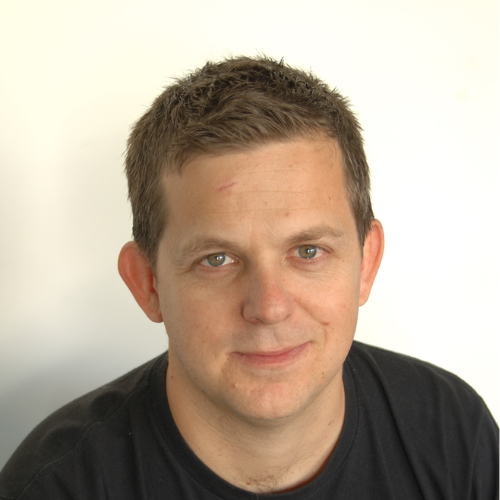
Rob Brooks
Rob Brooks is Professor of Evolution at UNSW Sydney and a popular science author. He has spent his career understanding the complexities and conflicts that sex and reproduction bring to the lives of animals, including human animals. His popular writing explores the murky confluence of culture, economics and biology, and how new technologies interact with our evolved minds and bodies. He has won the Queensland Literary Award for Science (for his first book Sex, Genes and Rock ‘n’ Roll), and the Eureka Prize for Science Communication. His articles have been published in Psyche, CNN, The Atlantic, The Sydney Morning Herald, Areo, and many other publications. His latest book Artificial Intimacy: Virtual Friends, Digital Lovers, and Algorithmic Matchmakers considers what happens when new technology collides with our ancient ways of making friends, growing intimate, and falling in love.
